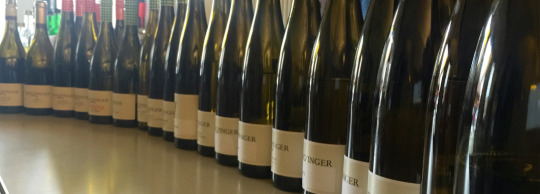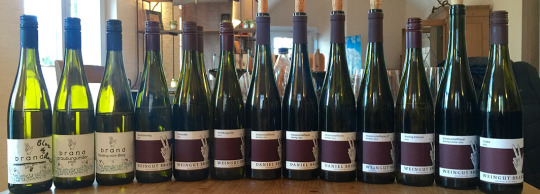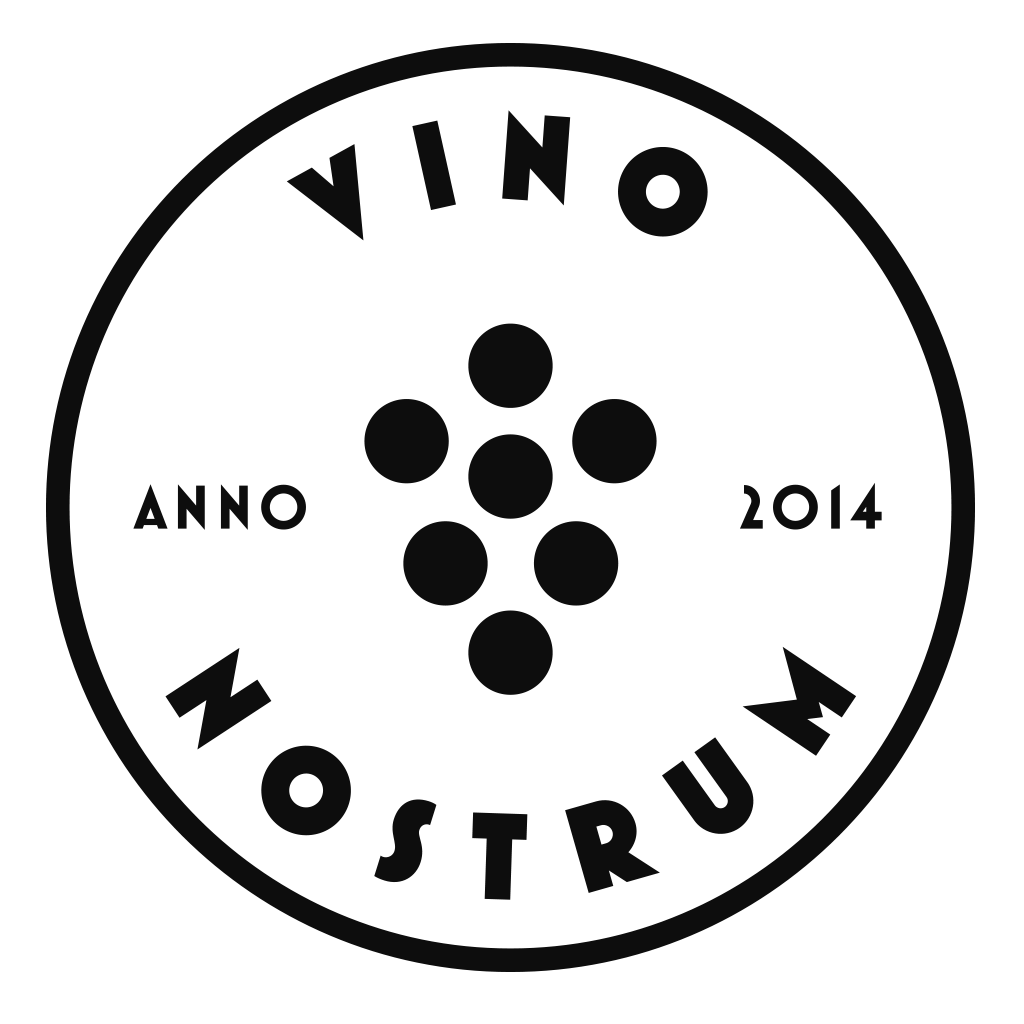Day 2: Pfalz – “Land der Deutschen Weinstraße“ (land of the German Wine Road)

Pfalz. Home of the official German Wine Road, which is key in connecting many of the wine-villages from north to south. The best known city in this area is Neustadt an der Weinstrasse, where the German Wine Queen is elected each year. Pfalz is one of the warmest regions in Germany and as such houses grapes ranging from Riesling, Pinot Noir and Chardonnay to warm climate grapes such as Syrah/Shiraz.
The first winery of day two was the winery of Benzinger in their historic estate in Kirchheim where Volker Benzinger showed us some of the upcoming 2015 wines, which had been recently bottled. Volker’s focus was clearly on Rieslings and Pinots (Noir, Gris, Blanc) and he’s even doing an “Orange de Pinot” wine, his first orange wine and the first orange pinot we got to try this trip. We stayed there for a tasty lunch at their very appealing restaurant “Leininger Hof”, which we’d highly recommend should you ever be in the area.

Only one village ahead we found the small winery of the Brand family. Young winemakers Daniel and Jonas (25 & 22 yrs old) welcomed us in their typical vinoteca and showed us some of their latest projects such as a natural sparkling and an experimental natural Silvaner. Typically, a lot of their wines are about Riesling, but they also produce Pinot Noir and Dornfelder among others. It was clear to see that they respected tradition, but at the same time were very open to experimentation, which is something we love seeing as long as it’s within the rules of natural wine making.
The very last stop of this two-day-trip was at the Demeter certified Schmitt winery. Wine makers Daniel and Bianka offered us quite a range of natural and orange wines. Among them were a Riesling, a Riesling Sekt (sparkling), an orange blend and a pretty rare wine produced in an original Georgian qvevri. Impressive!

What all the producers have in common is the fact that they’re family businesses, which have been operating for generations with the absolute conviction that wine has to be produced in a sustainable way with respect for nature. Some of them are already certified and some are about to get certified. Then there are those who just work according to the right ethical standards without the desire of getting certified at all. What’s important is that they all share the same idea.
Over 100 wines were tasted over the course of two days from various vineyards with totally different soils. We mainly tasted Rieslings, but also tried a lot of Pinot Noirs and international white grapes – white wines, red wines and even orange wines. Some of the wines were as hoped or expected, but there were also a few real surprises. Unfortunately, we didn’t have the time to discover more of these vast regions. This does however give us a reason to come back for more and we certainly liked what we’ve seen, tried and tasted so far.

